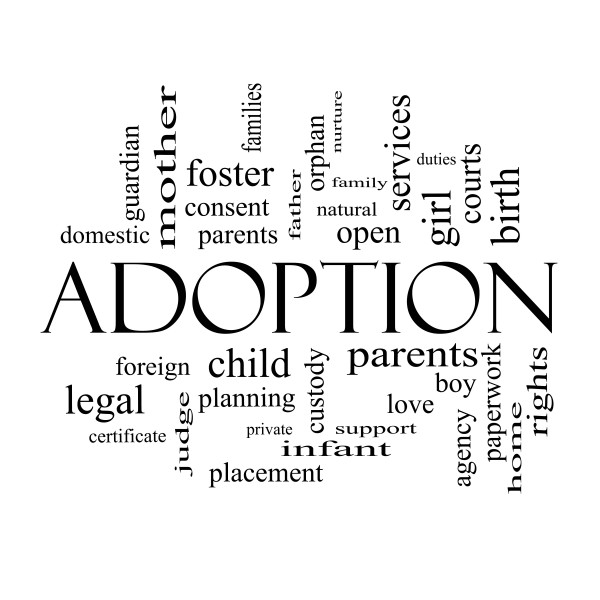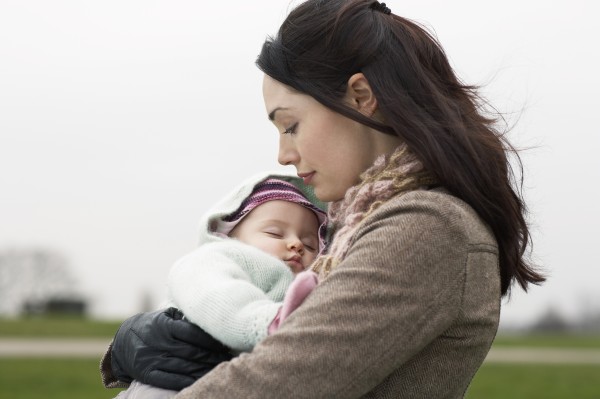Those wishing to adopt soon discover that it’s a journey with many routes to what often seems like a distant destination. Two of the most common types of adoption are agency adoption and direct placement adoption, also known as “private” or “independent” adoption. While there is a common thread of procedure for all adoptions, both domestic and international, these paths have several differences. It is helpful to better understand these differences before deciding on the direction that’s right for you. Knowing the differences brings courage in the adoption process.
A Guide to the Differences Between Direct Placement and Agency Adoption
Learn the differences between direct placement and agency adoption
In direct placement adoption or private/independent adoption, a birth mother chooses the adoptive parents and places the child directly with them. Initial contact is made directly between a pregnant woman and prospective adoptive parents and/or through the use of an attorney.
In some cases, what begins as an independent adoption then becomes what is known as an "identified adoption," where the birth mother and adoptive parents locate one another independently, but then go together to a licensed adoption agency.
To proceed with direct placement adoption, you will need an experienced adoption attorney who can help guide you through the process or, in some cases, an adoption facilitator, as defined by your state law.
Only five states do not permit independent adoption—Colorado, Connecticut, Delaware, Massachusetts, and North Dakota.
While direct placement is usually initiated by the birth mother, should you choose this route, you will also need to know about the birth father. Most states have recognized the rights of birth fathers to be involved in all decisions made regarding their children, including placement for adoption. These states have paternity registries where birth fathers can acknowledge a child as their biological offspring.
The risks associated with direct placement adoption are mainly emotional ones in cases where birth parents initially agree to place a child for adoption, but then change their minds.
Adoptive families also risk losing the money they have paid to their attorney, as well as any expenses they have covered for the expectant mother. Typically, these costs are not reimbursed.
Check out our Adoption Forum for members’ personal experiences with private adoption.
Agency adoptions may be public or private. Do your research before choosing an agency. Check out your state’s adoption website and ask around to see what other adoptive families have experienced.
Private agencies often set their own criteria for adoptive parents, and you will need to complete an application in order to be accepted as a candidate for adoption. Once you’re in the system, you will be placed on a waiting list until you are matched with a child.
In the past, most agency adoptions were private and the adopting couple rarely met with the birth parents; however, open adoptions are now the norm.
Although agency adoption is considered to be less risky than direct placement adoption, couples sometimes feel helpless as they wait to hear back for a match. Even after a prospective match occurs, there have been many instances of "false starts," where the birth parents reconsider placing their child for adoption.
Other issues include an agency not meeting the standards of either the birth family or adopting couple.
All international adoptions are completed through an agency; some foster adoptions are also facilitated by an agency.
Read our guide about selecting an adoption agency.
Direct placement adoptions typically involve infants, though occasionally older children can be placed this way as well.
Agency adoptions can include foster adoptions and international adoptions, which generally include children from infancy into their teens. Agencies also place infants with families.
For direct placement adoption and private agency adoption, waiting times vary greatly. The average wait is 1-18 months for domestic adoptions, and 1-5 years for international adoption, depending on the country.
Public or state adoption often runs one month to five years, depending on the situation.
There is no guaranteed time frame with either route.
Direct placement adoption fees vary. In most cases, adoptive parents cover the costs of the birth mother’s medical and legal expenses. They will also cover the costs of counseling for the birth mother.
Additionally, some adoptive families choose to contribute to the birth mother’s living expenses leading up to the adoption, depending on the situation.
As with agency adoption, independent adoption also requires a home study. It is important to consult with your lawyer to fully understand all related issues and your rights and the rights of the birth mother throughout the adoption process. Attorney adoptions often run from $20,000 to $50,000.
Adoption agencies charge for their services and you should make sure you understand these fees up front. Often, expenses include a home study and placement and post-placement services. Fees for private adoption range from $10,000 to more than $30,000 for both domestic and international adoption.
Adoption fees for children placed through a county or foster care system are usually less than those encountered through a private agency. Foster adoption ranges from free to $1,000. These adoptions usually involve older children.
Adopting families may qualify to have a portion of their adoption expenses reimbursed through the state.
Currently, all adoption types qualify for a federal adoption tax credit. Check out our tax credit guidefor more information.
Closed adoptions are very rare in domestic adoption. Post-placement contact is usually determined by both the adoptive family and the birth parents.
Although some adoptive couples may have reservations about open adoption, research has shown that it is in the best interest of their child. Furthermore, most have found it to be a pleasant experience.
Open vs. closed adoptions varies for families adopting through county or foster care system. Open adoption has proven to have many benefits for the adoption triad–birth family, adopted child, adoptive family; however, each situation is different. The type of contact should be in the child's best interest. Only some states legally enforce post-adoption contact agreements.
Closed adoption remains the norm in international adoptions. Agencies typically match the child to an adoptive family, especially children waiting in an orphanage who may have been placed at infancy. Many children do not have access to agency documents (beyond what their adoptive parents may have been given) until they reach the age of 18.
Learn more about open adoption here.
There is no right or wrong when choosing to adopt independently vs. working with an agency. Each comes with its own set of pros and cons.
You just need to carefully decide which works best for you. By doing thorough research of your own before you begin the process, you will be doing yourself a huge favor in protecting everyone involved in the adoption process—the birth family, adopted child, and yourself.

Susan Kuligowski
Sue Kuligowski is an author at Adoption.com. The mother of two girls through adoption, she is a proposal coordinator, freelance writer/editor, and an adoption advocate. When she's not writing or editing, she can be found supervising sometimes successful glow-in-the-dark experiments, chasing down snails in the backyard, and attempting to make sure her girls are eating more vegetables than candy.
The views and opinions expressed through Adoption.com Articles are those of the authors and do not necessarily reflect the official policy or position of Adoption.com. If you would like to report any articles for us to review, we would love to hear from you.






